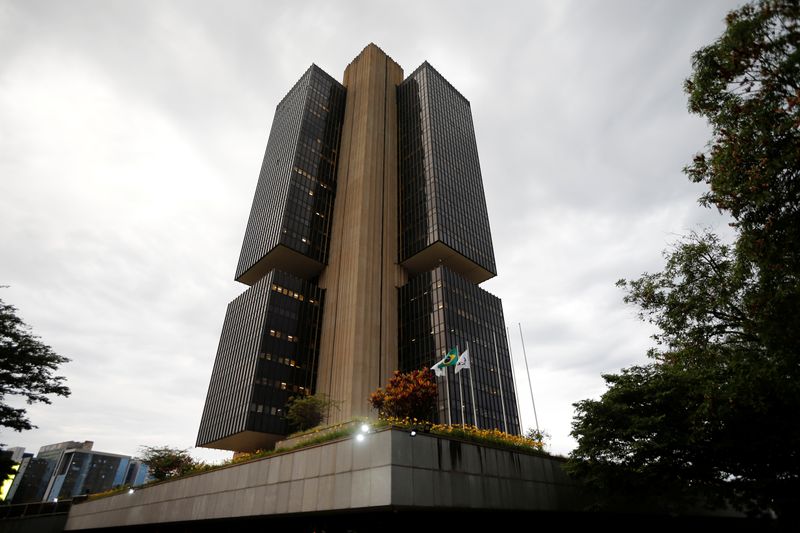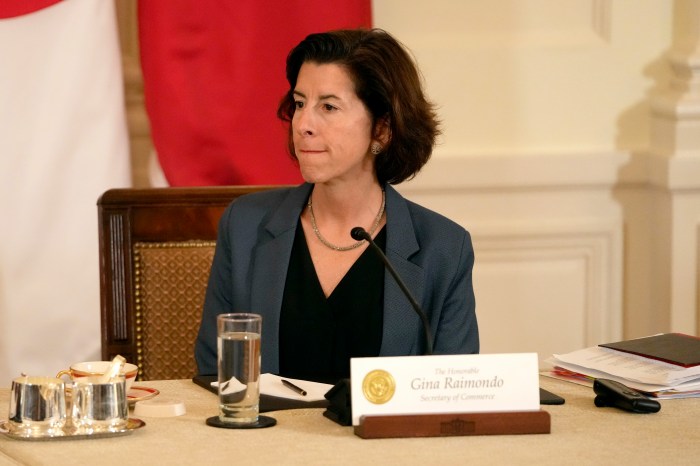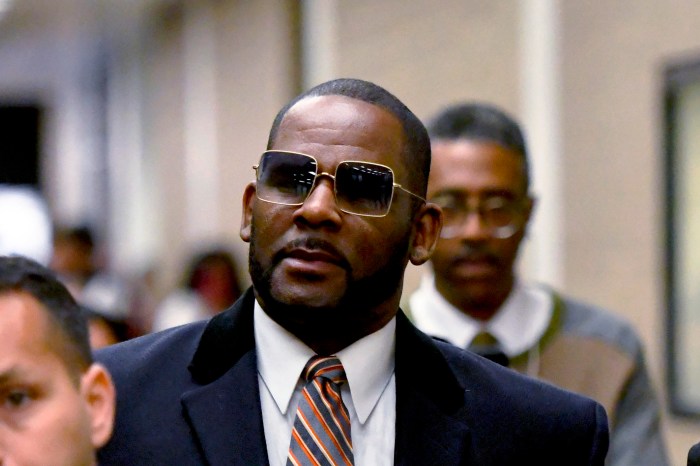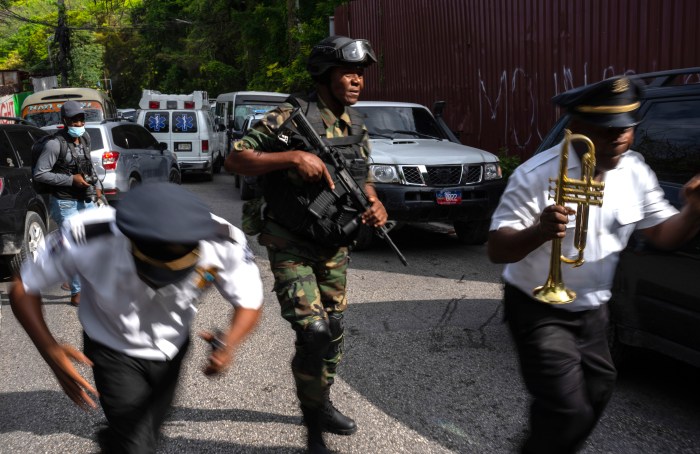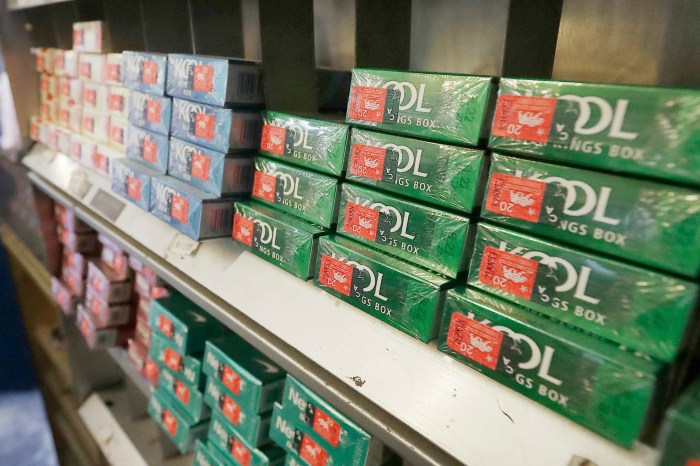BRASILIA (Reuters) – Brazil’s central bank stands ready to raise interest rates by another 75 basis points in May in order to bring inflation back to target this year and keep 2022 inflation expectations from taking off, minutes from its last policy meeting showed on Tuesday.
The minutes of the March 16-17 meeting showed that policymakers’ number one concern is inflation, which they insist is still being driven by “temporary” factors but is also being squeezed higher by a faster-than-expected fall in economic slack.
According to the minutes, “several members” of the bank’s rate-setting committee known as Copom said that “inflationary pressures observed in 2021 may affect inflation expectations for 2022, risking a de-anchoring of expectations over the relevant horizon for monetary policy.”
Barring a “significant” change in the balance of risks for the economy and inflation, Copom foresees another 75 basis points adjustment in the “partial normalization” process at its May meeting, the minutes said.
Last week, Copom raised the Selic rate to 2.75% from a record low 2.00%, the first increase in six years. It was more than economists had expected, and the biggest rise since 2010.
The “relevant monetary policy horizon” for Copom is 2021 and 2022. Annual inflation is currently running at 5.2%, well above the central bank’s year-end goal of 3.75%, and is expected to shoot higher still before easing. Next year’s goal is 3.50%.
The minutes showed that policymakers believe the balance of inflation risks point to the upside. They include supply shocks, a deteriorating fiscal outlook, less economic slack and a general increase in inflation expectations.
These risks broadly outweigh the threat to economic activity posed by the COVID-19 pandemic and increase in social distancing measures, which would tend to put downward pressure on inflation, the minutes said.
(Reporting by Jamie McGeever; Editing by Brad Haynes and Chizu Nomiyama)

